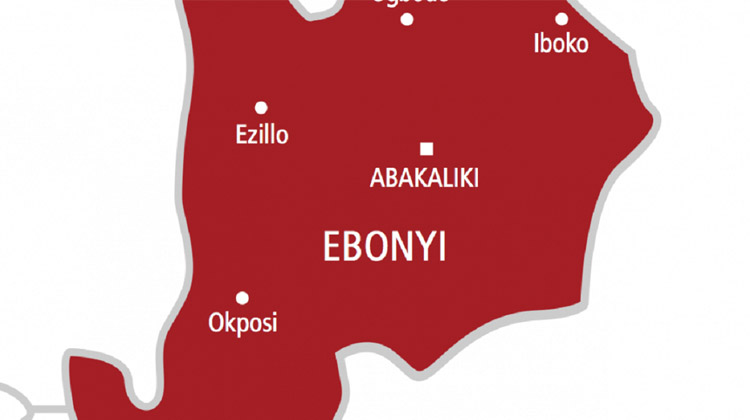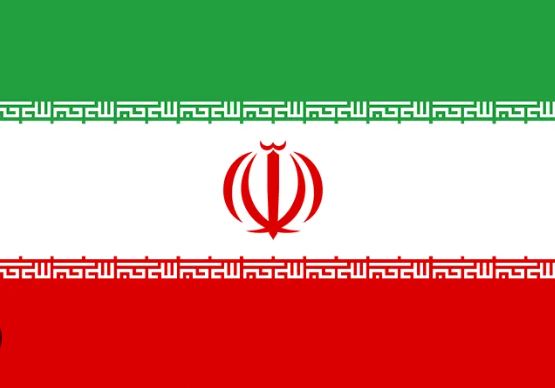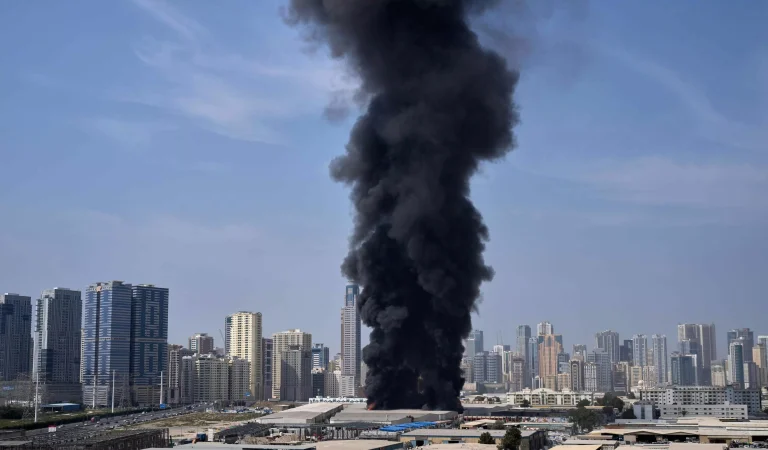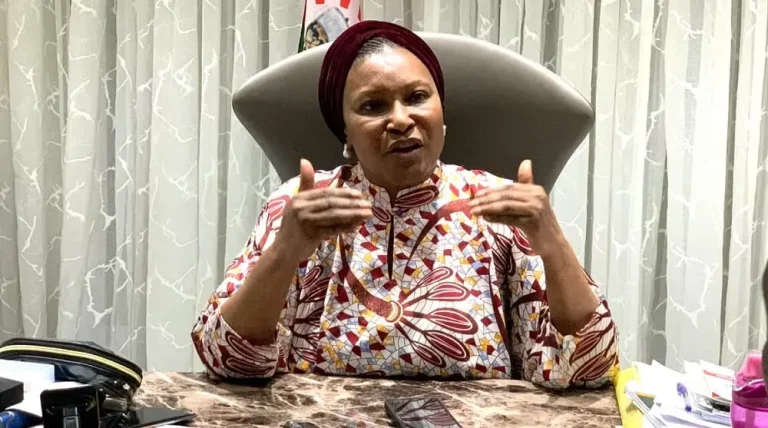
By Jibrin Ibrahim
Today is the anniversary of President Buhari’s fifth year in power and he has three more years to go before retiring to Daura to take care of his cows. In another year or two, the campaign for 2023 will take over the attention of the political class and governance would stop. This means the president has less than two years to leave his legacy, from a eight-year rule. One of the problems the president has been facing is the mediocrity of his communications team, which has been unable to explain to the people what the president has really been doing. Members of the team are in the media continuously attacking all those who have been attacking the president, and I concede that as part of their day job. What they have not succeeded in doing is communicating the priorities and achievements of the administration, so that data is provided to the people on the evidence by which citizens can assess the regime. As the countdown commences, President Buhari has to reflect on what he has done with power and how he can communicate his legacy to citizens.
I still remember that just before the beginning of the administration five years ago, the All Progressives Congress Policy Directorate held a major conference in preparation for the implementation of their strategy of “hitting the ground running” as soon as their party took over power. The buzz at the conference was that major policy decisions, especially politically difficult ones, must be made immediately and quick-wins obtained by the end of the first hundred days in office. The idea was that by riding on the crest of a newly acquired legitimacy and popularity, significant gains could be made before expected criticisms begin to affect the credibility of the government. The underlying assumption was that all new regimes coming into power in a context of very high expectation, start losing their popularity on assuming office, even if for the sole reason that people’s expectations are unreasonably high. President Buhari rejected the road map of hitting the ground running and did not start constituting his governance team until after five months. Years later, he explained to Nigerians that he was aware that people were calling him “Baba Go Slow” but they should understand that being older and wiser, he had decided to reflect and consider before taking executive decisions.
I have said it repeatedly that the president was wrong to have thought that he had a lot of time; four years plus another four is a very short period and his team was right to have advised him to move fast. Today, the issue is with the countdown clock ticking; can he move fast enough to leave a respectable legacy of his leadership? This is difficult because his style of delayed action has led to the development of a body of critical opinion that paint him in a very negative light, leading many to assume nothing positive can come from his administration. Therein lies the opportunity, as a believer in miracles; I feel that if “Baba Go Slow” can transform into “Action Baba”, he might still save the day.
One legacy Nigerians have been crying for four decades is the improvement of power supply, the requirement for rapid development. I doubt that there is any country in the world that has invested as much as we have in power and yet we have nothing to show for it.
In 2015, I wrote a number of articles on this column urging the president to prioritise the implementation of the 2012 Oronsanye Report on restructuring and rationalising federal parastatals, so as to reduce the cost of governance through mergers and dissolution of parastatals with cross-cutting mandates. It was one of the low hanging fruits he could have harvested because the reality is that there are many more parastatals than what could be funded to do their work, leaving the country with the wasteful legacy of tens of thousands of top civil servants who are paid but have no work to do.
The president took no action until a couple of weeks ago when the project was resurrected. Meanwhile, the situation is today much more serious because the Eighth Senate, which ran between 2015 and 2019, considered 213 establishment bills for the creation of new federal agencies, and currently the Ninth National Assembly is already considering over 100 bills for the creation of new agencies. The mood in the National Assembly is that each legislator creates a new federal agency for his/her constituency. It is important that the president convinces them to give up their individual “pet” projects and act in concert with the executive to restructure and merge the 102 agencies identified in the Report.
The most important legacy the president should leave is an improvement of the security situation in the country. The expectation of Nigerians was that Boko Haram would be vanquished within the first year or two of his presidency. It did not happen. For over ten years now, the insurgency has endured and become entrenched as an existing reality, while the security agencies appear to have been at their wits end all through. There has been some progress over the past couple of weeks but Nigerians are still waiting for the decisive victory. Meanwhile, under President Buhari’s watch, farmer-herder conflicts blossomed into rural banditry, which has developed into a major challenge in many states in the country. Today, peasant farmers are regularly attacked and massacred by armed bandits and many can no longer farm and feed their families. Another, dimension of the crisis is the spread of kidnapping for ransom, which is rapidly becoming the money-making occupation for the unemployed youth. The problem today, as SBM Intelligence explained in a recent study, is that between January 2016 and March 2020, kidnapping gangs have made over $11 million, in addition to killing hundreds of their captives. The 100 million poor, hungry and angry youth are waking up to the fact that the most rapid pathway to wealth is armed violence and the longer they are allowed to continue along that path, the more difficult it would be to stop them.
Maybe Nigeria’s collective pet project has been the industrialisation of the country on the basis of our iron and steel industry. Way back in 1971, the Nigerian Steel Development Authority was established to set us along the path of an iron and steel industry and Ajaokuta was established in 1975 and programmed to go into production in 1981. It never happened. While campaigning for office in 2015, President Buhari in a campaign rally in Ajaokuta promised he would address the challenge. Nigerians are waiting.
If he could significantly scale up the war against corruption and focus his eyes on some people around him, he could offer Nigerians a great legacy of opening a new pathway to development based on the use of public resources for enhancing the public good.
One legacy Nigerians have been crying for four decades is the improvement of power supply, the requirement for rapid development. I doubt that there is any country in the world that has invested as much as we have in power and yet we have nothing to show for it. In 1999, the late Bola Ige promised us sufficient power within six months. It did not happen. President Obasanjo, we discovered through the House of Representatives probe, had squandered $16 billion, with the promise of 6,000 megawatts of electricity, by December 2007 and it did not happen. Subsequently, President Umaru Yar’Adua, in February 2008, launched the Committee on the Accelerated Expansion of Power. He promised Nigeria that 18-months from that date, Nigeria would be producing at least 6,000 MW of power and it did not happen.
Goodluck Jonathan took the approach of institutional revolution by privatising the industry and getting the magic of the private sector to do the job. It has been a woeful failure. After long reflection and study, President Buhari has committed to a new contract with the German government and Siemens to produce and actually distribute 7,000 megawatts in 2021, rising to 11,000 in 2023. Having followed the failure and corruption saga in the power sector for decades, I will say that I will believe this only when I see it happen. If he succeeds, it would be a great legacy from his administration.
Section 15(5) of the 1999 Constitution of the Federal Republic of Nigeria stipulates that “the State shall abolish all corrupt practices and abuse of power”. Nigerians elected Buhari into office because they believed he could make that provision operational. There has been some improvement in the war against corruption under his stewardship but the results are underwhelming and nowhere near the expectation of Nigerians. If he could significantly scale up the war against corruption and focus his eyes on some people around him, he could offer Nigerians a great legacy of opening a new pathway to development based on the use of public resources for enhancing the public good.
A professor of Political Science and development consultant/expert, Jibrin Ibrahim is a Senior Fellow of the Centre for Democracy and Development, and Chair of the Editorial Board of Premium Times.








